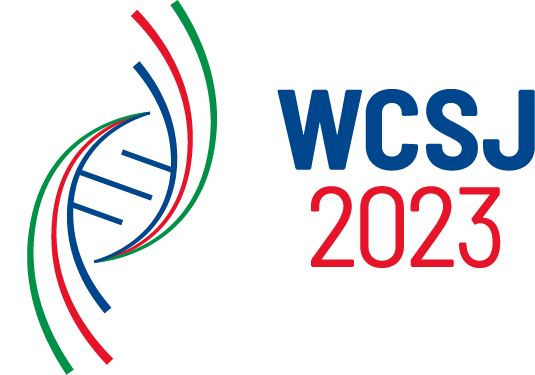|
Some summaries of WCSJ 2023
We have found a couple of write ups by attendees that we wanted to share.

Viviana Márquez says she was "swept of my feet by the captivating WCSJ held in Medellín, Colombia." She describes the workshops and sessions she attended and captures well the flavour and colour of the meeting. Read her article here.

Christina Queiroz begins at the end, with a summary of the final plenary on food security before covering her highlights from the conference. Her report is here.


Coming soon…
The Dart Center for Journalism and Trauma at Columbia University, through its Early Childhood Initiative, will host an online workshop on how to include the youngest children and their caregivers in our reporting. The workshop will provide journalists with a brief landscape of why early childhood is an important topic and tips on how to approach early childhood topics and how to include children's perspectives ethically in science-focused stories.

The workshop will be run by Irene Caselli, an international reporter who focuses on early childhood. Those who are interested can pre-register here (a maximum of 25 spots will be available). The online workshop will take place in May — exact dates are to be determined.


Recordings
If you didn’t get your fill of science journalism discussions, or to catch up on bits you missed, you can watch some of the sessions again. Recordings will be available soon and we will share the links when we have them.

SciDev.Net and Elsevier, both partners of WCSJ 2023, hosted a panel event entitled "Growing research equity and representation: a dialogue with Latin American women researchers". Speakers included Latin American scientists Magaly Blas, Gabriela Montenegro and Carla Crespo Melgar, all winners of the OWSD-Elsevier Foundation Award for Early Career Women Scientists in the Developing World. Watch here.

Partners
The conference could not have taken place without the support of our partners. Thank you!
|
